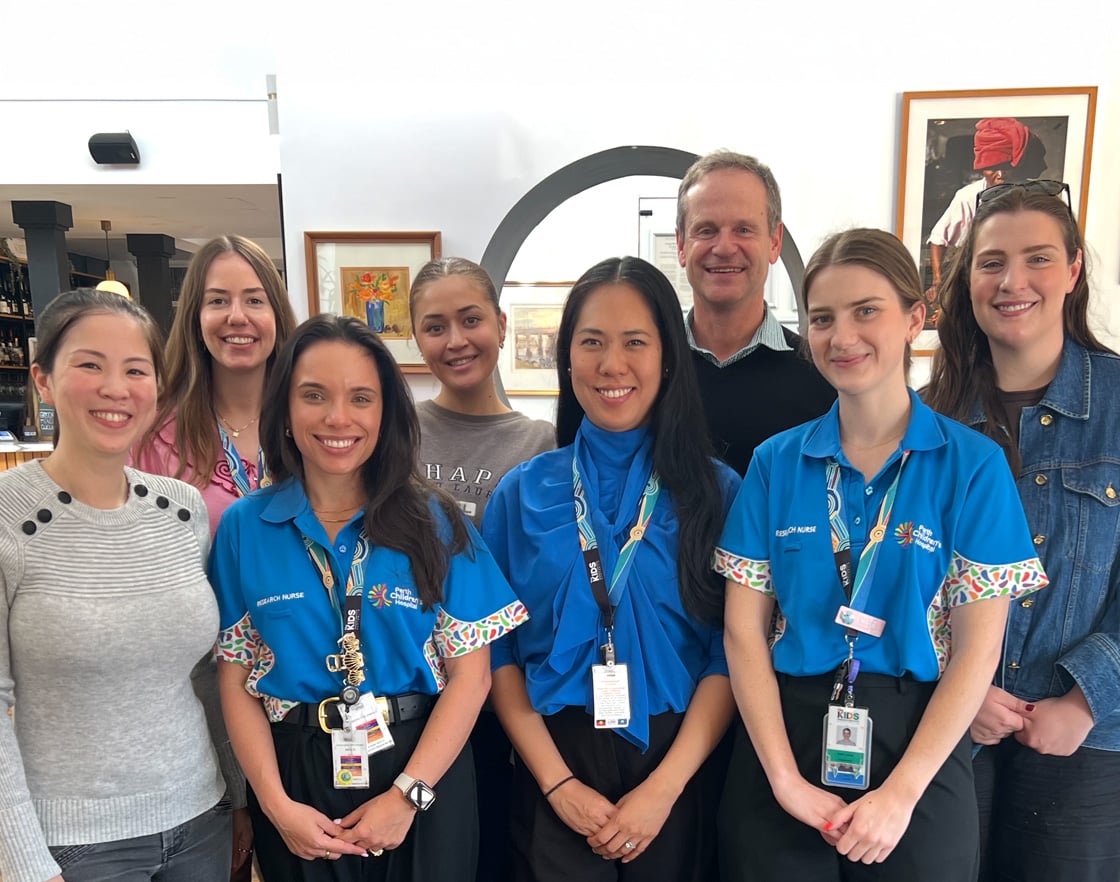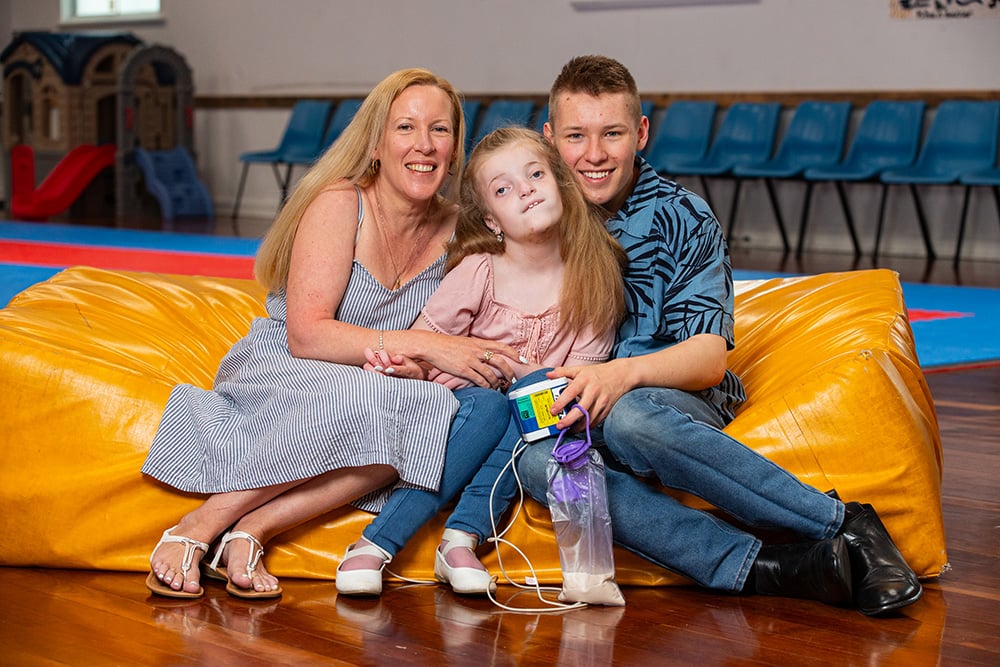Search
Research
Vaccinating young adults against HPV: the importance of understanding health decision-making and behaviourVaccination of young teenage females against human papillomavirus (HPV) with a newly licenced quadrivalent vaccine designed to prevent cervical cancer and...

At The Kids Research Institute Australia, we pride ourselves on conducting research to the highest standards possible. See our Research Governance process in more detail.
We believe the way we reward research excellence is better than anywhere in the nation. Find out about the ways The Kids Research Institute Australia rewards our researchers.
Research
Cystic Fibrosis Early Surveillance ProgramResearchers are able to track the progress of lung disease through a comprehensive longitudinal set of biological samples, images and data archives.

Our team aims to optimise lung health early in life to ensure the best possible health outcomes later in life.
Research
National Hybrid Closed-Loop Outpatient TrialThe national Hybrid Closed-Loop Outpatient Trial will test the use of an automated insulin delivery system to see if it is better at optimising blood glucose levels than standard therapy.
Research
Western Australian DNA and Longitudinal Serum Bank for Weight RegulationThis resource will allow researchers to carry out studies which will look at the genetic causes of excessive weight gain and identify biomarkers

Research
Can exercise training Improve health in young people with type 2 diabetes?We are studying exercise in young people with T2DM and obese young people at risk of developing type 2 diabetes
Research
Closed Loop Study - MulticentreA Closed-Loop System will potentially have a major impact upon acute and chronic complications of diabetes as well as upon their quality of life

Research Theme
Precision HealthUses personalised approaches to healthcare, aiming to tailor prevention and treatment strategies based on genetic, environmental, and lifestyle factors. This theme strives to make healthcare more targeted and effective for each child's unique needs.
